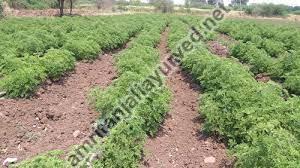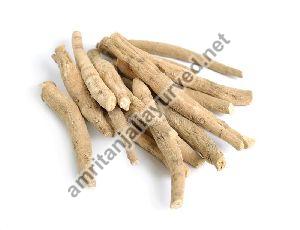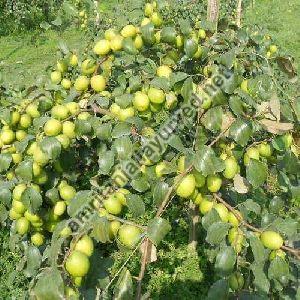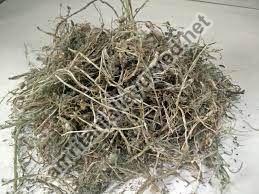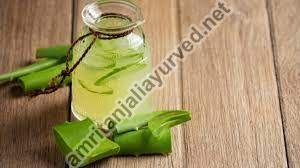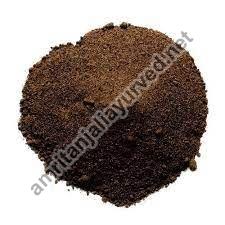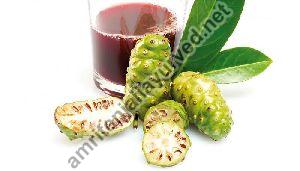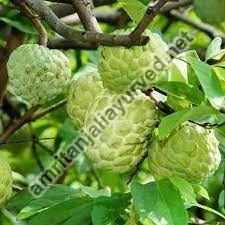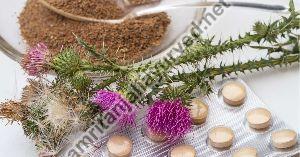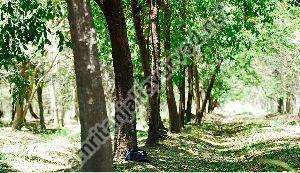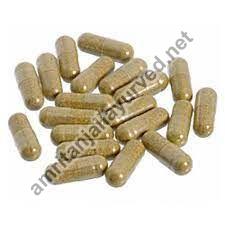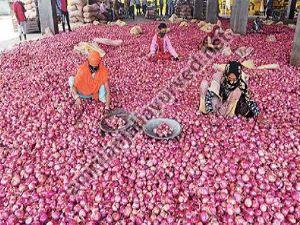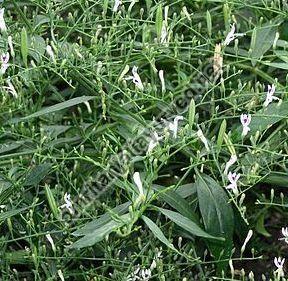Saheli Nagar, Udaipur, Rajasthan
- GST NO. : 08AAOCA7653C1ZJ
| Business Type | Manufacturer, Exporter, Supplier, Retailer, Wholesaler |
| Family Name | Geraniaceae |
| Odour | Rosy,Mint,Fresh |
| Usage | Help in the Treatment of Acne,Eczema,Hemorrhoids,Burns,Dermatitis,Cuts,Lice,As Mosquito Repe |
| Click to view more | |
Preferred Buyer From
| Location | Worldwide |
Product Details
GERANIUM CULTIVATION
Geranium (Pelargonium graveolens (L) Hervitt.)
Geraniaceae
Varieties
Algerian, Reunion, IIHR-8, Kodaikanal 1 and Egyptian are the popular varieties under cultivation.
Soil and climate
A deep light porous well drained soil rich in organic matter and acidic in reaction with a pH 5.5 to 6.0 is suitable. An elevation ranging from 1000 - 2400 m with an annual rainfall of 100 to 150 cm evenly distributed throughout the year is ideal.
Propagation
Geranium is propagated by stem cuttings. Cuttings of about 10 – 15 cm are taken from current season growth with a well formed crown of leaves with 3 - 4 nodes and terminal bud. Dipping basal portion of the cuttings in 200 ppm of IBA increase the rooting efficiency. Cuttings planted in raised nursery beds will be ready for planting with in 60 days.
Planting
Thorough field preparation leading to fine tilth condition is essential. Rooted cuttings of 2 months age are planted at a spacing of 45 x 45 cm during April - May.
Manuring
FYM 25 t/ha and NPK 25:150:100 kg/ha are applied as basal. Remaining 125 kg N/ha in 5 equal splits is applied at every 2 months interval. During June-July of every year, ZnSo4 20 kg/ha and Boron 10 kg/ha are applied.
Irrigation
Geranium is usually grown as a rainfed crop. Irrigation during dry periods increases the yield.
After cultivation
Weedings, uprooting and burning the diseased plants throughout the life cycle of the plant. From the second year onwards give a deep soil forking around the plants to improve the growth of more suckers.
Pruning
Pruning of the bushes is necessary when the bush shows signs of decline. The branches are cut back leaving 15 - 20 cm once in 4 - 5 years.
Plant protection
Pests
Nematode
To control the nematodes (Meloidogyne hapla) in nursery, apply Carbofuran at 2 kg a.i./ha once in 6 months in June and December.
- Diseases
- Wilt
- Drench with Carbendazim 1 g/lit at monthly intervals.
Harvest and distillation
In the year of planting only one harvest can be done at 7 - 8 months and thereafter 3 or 4 harvests can be done in a year. The tender tip portion with 6 - 12 nodes constitutes the materials for harvest. The harvested material is withered in shade for two to three hours and distilled.
Yield
Herbage: 20 - 25 t/ha
Oil yield: 15 - 20 kg/ha
We provide Agro technology and Agribusiness consultancy through better utilization of your resources, value of your money, independent consultancy, cost effective, profitable solutions and complete satisfaction without any deviation.
Material Available
- plant
- oil
With a proper network of buyers with us, we are able to provide returns of the farmers/cultivators who purchase the planting material from us and do farming as per our instructions. The crop/crops under buy back agreement are provided with targeted requirements. We are making farming a business which gives assured profits.
Persons interested in farming with buy back agreement will be entertained only on prior appointment basis.+91-9799931200
Looking for "Geranium Slip" ?
Explore More Products


